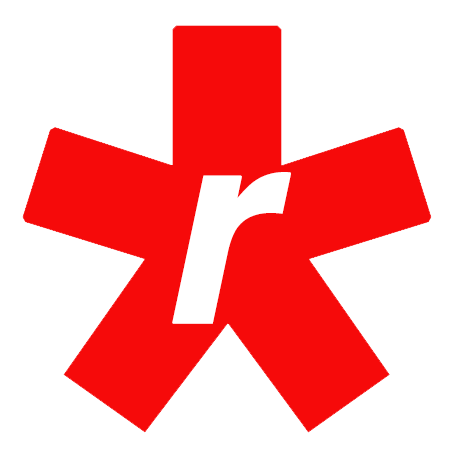Enrico Frank
My friend Nick put me in touch with Enrico, who used to share a house in Oxford with Nick’s friends when Enrico worked there as a hydrologist, a job in which he also captained the “Foreigners’” cricket team (“We lost every match we played!”) before returning to Italy. He continues to travel around the continent for work, which is made much less difficult by the EU’s rules on free movement.
Enrico is a Padua local, and graduated from university here as well, so he suggested meeting in the old building that dates from the founding of the university in 1222. I check out the main quadrangle of the building to scope out potential angles and, once we return there for the shoot he informs me that this was the very place in which he graduated (and in which his friends performed the ritual humiliations bestowed upon the newly graduated Italians). I’m immediately glad I’ve scoped out an angle in exactly the right building.
He and his youngest daughter Carla (who is feeling ill but doesn’t want to miss out on a real photoshoot) pose for me patiently for as long as we feel is polite - the university’s PR staff arrive to ask if we have permission, which we don’t, and Enrico does the talking.
Enrico tells me that Copernicus studied here, that Galileo was a professor at the university, and that the first post mortem human dissections were carried out here (the first advances in medicine in about 1700 years, since ancient Greece, in fact). Without free movement, it’s possible that none of the ideas developed here would have spread to the rest of Europe, and there would have been not quite as much enlightenment. Freedom of movement and exchange of ideas is crucial to the advancement of science, the spread of knowledge and understanding.
Later, I meet Enrico again and he takes me to his home to meet his family. His wife has cooked squid and polenta, which is delicious, and we drink wine, discuss rugby, read Shakespeare in a mannered, loud and actorly voice for the amusement of his eldest daughter Emma (who is in a drama club), and grumble about that thing beginning with B…
Grazie mille, Famiglia Frank.
A presto.

















